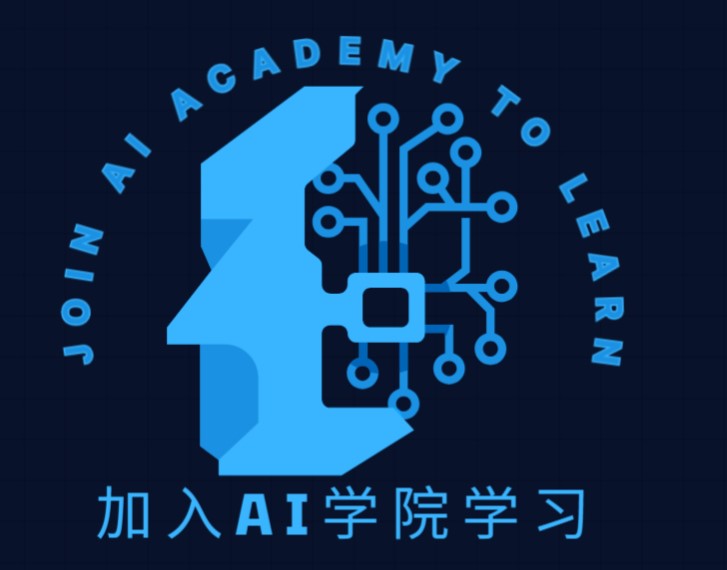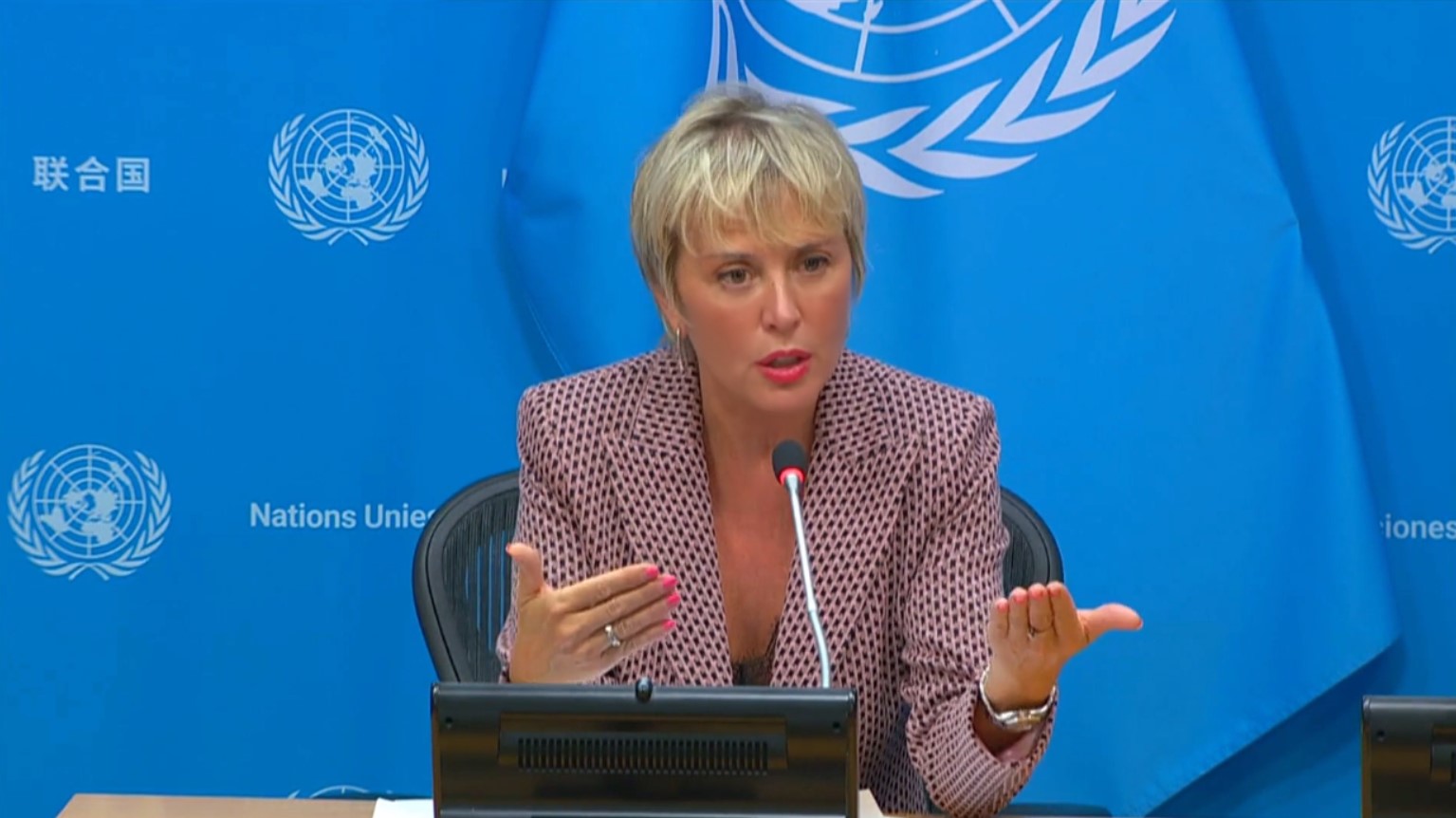
Presenting the final report of the Secretary-General's High-level Advisory Body on Artificial Intelligence (AI), the Secretary General's Envoy on Technology Amandeep Singh Gill today (19 Sep) said, “our extensive journey in preparing this report is over and now is the time to ensure that AI benefits all of humanity and not just a few.”
Speaking to reporters in New York, Singh Gill was joined by the Co-Chair of the AI Advisory Body, Carme Artigas, who said, “over the last past several months, our advisory body, comprising 39 AI experts from 33 countries across all regions, have worked tirelessly to create a blueprint for global air governance that is inclusive, transparent and centred on the protection of human rights. The journey has been extensive, involving over 2,000 participants reviewing 250 written submissions and hosting deep dive discussions with stakeholders across the globe.”
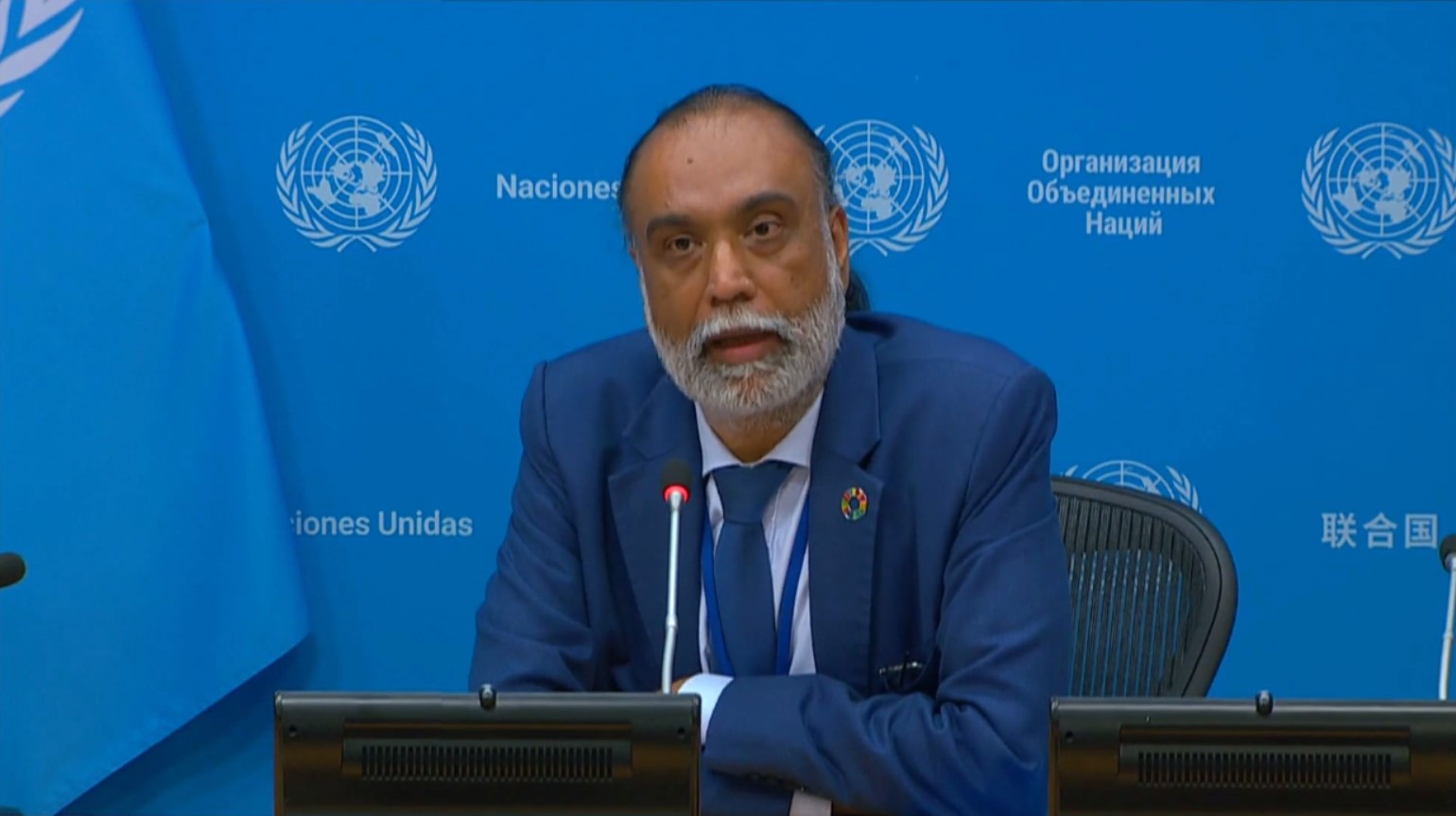
The report, “Governing AI for Humanity,” proposes seven recommendations to address gaps in current AI governance arrangements and calls on all governments and stakeholders to work together in governing AI to foster development and protection of all human rights.
Singh Gill said, “our report seeks to close these gaps of legitimacy, equity, and effectiveness. It outlines seven recommendations designed to foster a coherent, globally inclusive approach to AI governance. As the Secretary-General observed a couple of days ago, the body's recommendations provide an actionable blueprint for an architecture of international AI governance that will be inclusive, agile, and effective today and into the future.”
He said, “we have an opportunity at the Summit of the Future to start translating this blueprint into action based on international multi-stakeholder cooperation and rooted in the normative authority of the United Nations.”
The report builds on months of work, including extensive global consultations, and the publication of an interim report in December 2023.
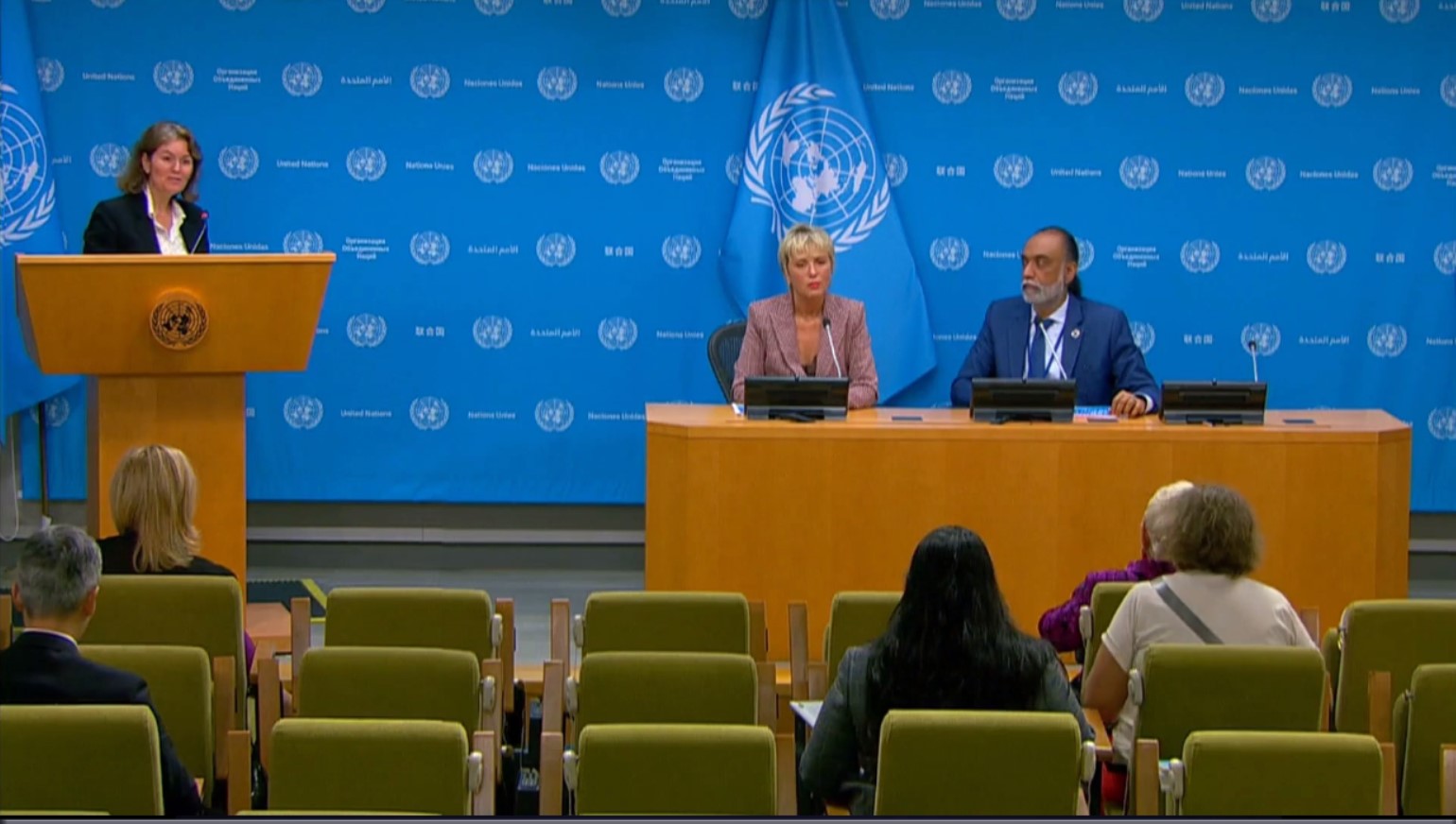
Artigas said, “we are not replacing agencies. We are not replacing governments in their own endeavour. But what we expect is that there is a common ground, and that common ground is the UN charter, international law, and human rights.”
Asked about the proposed creation of a specialized UN agency on AI, Singh Gill said, “for now, it's clearly not recommending the setting up of an agency on AI. In the future, if the risks take on a certain dimension, if there are other difficulties, you know, we need certain functions to be performed by such an institution, that can be considered.”
The report outlines a blueprint for addressing AI-related risks and sharing its transformative potential globally, including by urging the UN to lay the foundations of the first globally inclusive and distributed architecture for AI governance based on international cooperation.
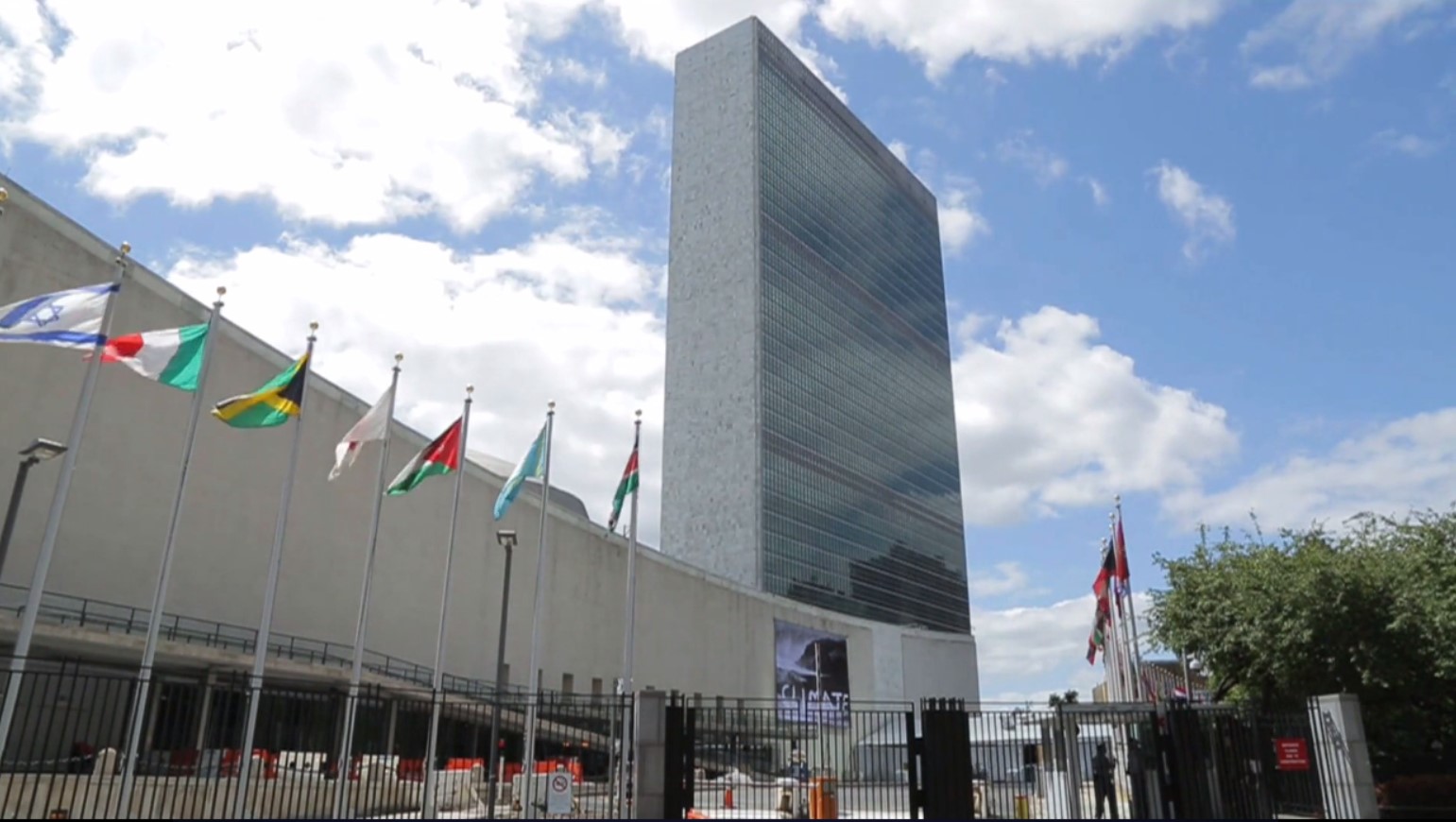
 名人媒体AI学院
名人媒体AI学院
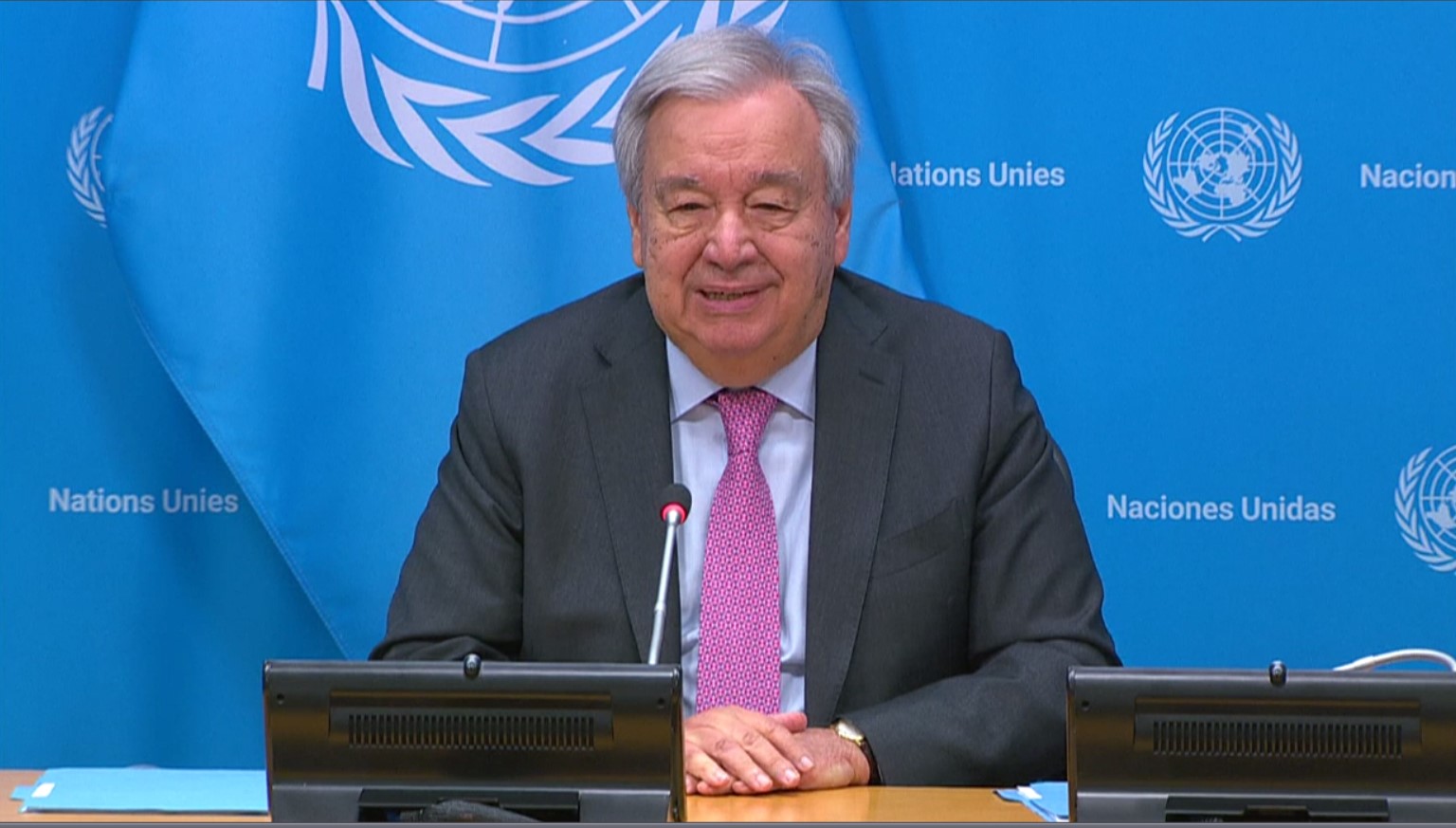 联合国秘书长古特雷斯 2024年6 月24日在纽约对记者说:五项原则——社会信任和韧性;独立、自由和多元化的媒体;健康的激励措施;透明度和研究;以及公众赋权——基于更加人性化的信息生态系统的首要景。
联合国秘书长古特雷斯 2024年6 月24日在纽约对记者说:五项原则——社会信任和韧性;独立、自由和多元化的媒体;健康的激励措施;透明度和研究;以及公众赋权——基于更加人性化的信息生态系统的首要景。


